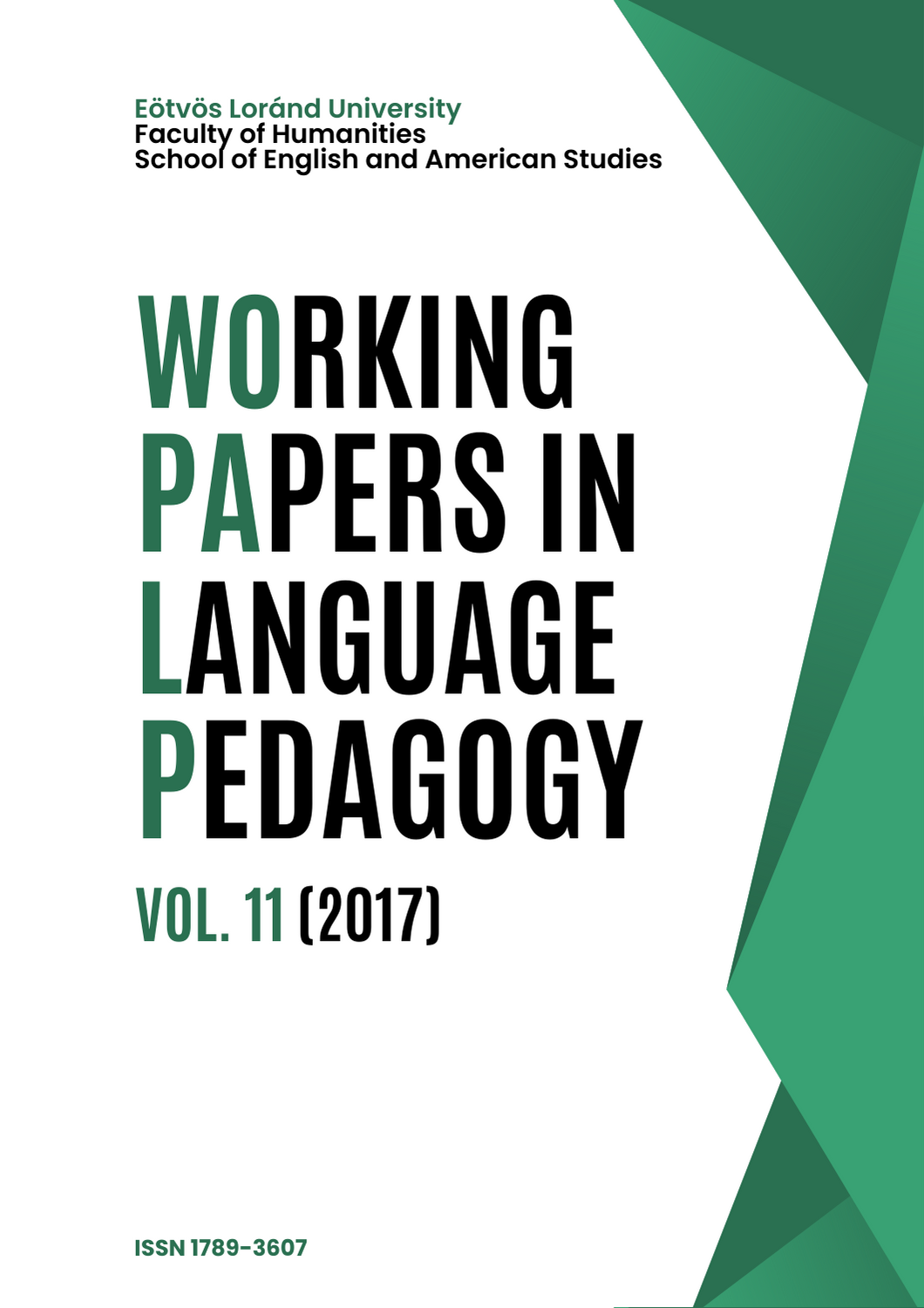Critical discourse analysis for language education: Unveiling power, ideology and manipulation in political discourse
DOI:
https://doi.org/10.61425/wplp.2017.11.96.138Keywords:
Critical Discourse Analysis, power, ideology, manipulation, PIMI analytical instrumentAbstract
The present paper focuses on the introduction of a new integrative problem-oriented analytical tool, the Power, Ideology and Manipulation Identification (PIMI) instrument, which was created for the analysis of political discourse, through adapting the most recent theories and methods of Critical Discourse Analysis. The study defines the meaning of power, ideology and manipulation, and attempts to trace their characteristic features in political discourse. These three concepts are of notable importance in the latest Critical Discourse Analysis literature, though the relations between them have not yet been entirely clarified. The present paper discusses the three concepts in parallel, whilst also introducing the new instrument, which has been built on the basis of two existing critical discourse analytical models (Chilton & Schäffner, 1997; van Dijk, 2006). Through presenting the results of the pilot analysis of a relevant piece of political discourse conducted using the new analytical instrument, the study also draws conclusions regarding the interconnected relationship between the three concepts examined. The data gained during the analysis indicate that inequality and polarization are significant elements in the case of each construct, and the results of the analysis also show that despite several overlaps, each concept has its own characteristic profile.




